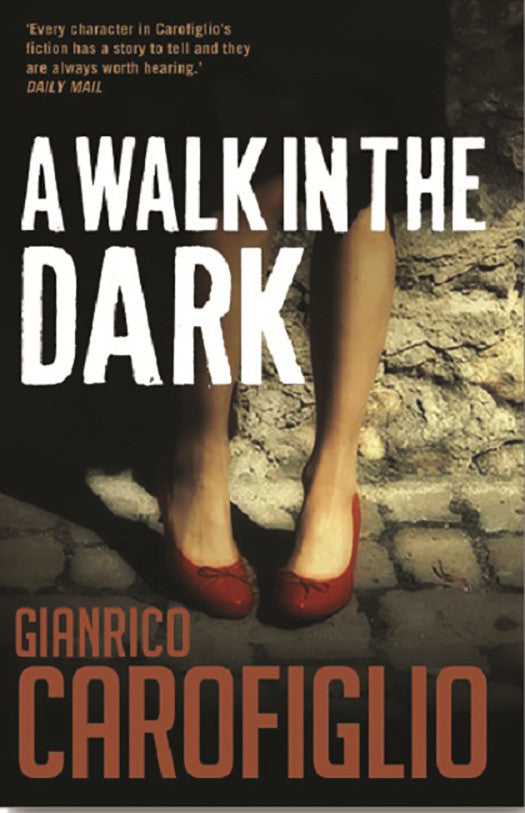1
You never quit smoking.
You give up for a while. Days, months, years. But you never quit completely. Cigarettes are always there, lying in wait. Sometimes they appear in the middle of a dream, even five or ten years after you’ve “quit”.
You feel the touch of the paper on your fingers, you hear the soft, dull, reassuring noise it makes when you tap it on your desk, you feel the touch of the ochre filter on your lips, you hear the scrape of the match and you see the yellow flame with its blue base.
You even feel the kick in your lungs, and you see the smoke spreading over your papers, your books, your cup of coffee.
And then you wake up. And you think a cigarette, just one cigarette, won’t matter very much. You could light one right now, because you always have that emergency packet in your desk drawer, or somewhere else. And then, of course, you tell yourself it doesn’t work like that, that if you light one you’ll light another, and then another, and so on, and so on. Sometimes it works, sometimes it doesn’t. Whatever happens, it’s at moments like these that you realize the phrase “to quit smoking” is an abstract concept. The reality is quite different.
And then there are other times, more concrete than dreams. Nightmares, for example.
*
It had already been a few months since I’d stopped smoking.
I was on my way back from the Public Prosecutor’s department, where I had been studying the documents relating to a civil action in which I was involved. And I had a bloody great desire to go into a tobacconist’s, buy a packet of strong, sharp-tasting cigarettes – yellow MSs, maybe – and smoke them till my lungs burst.
I’d been hired by the parents of a little girl who’d been the victim of a paedophile. He’d waited outside her school, had called to her, and she’d followed him. They’d both gone into the entrance hall of an old apartment block. The woman caretaker had seen them, and had followed them in. The pervert was rubbing the flies of his trousers against the girl’s face, the girl’s eyes were closed and she wasn’t saying anything.
The caretaker had screamed. The pervert had escaped, raising his collar as he did so. Simple but effective, because the caretaker hadn’t managed to get a good look at his face.
When the girl had been questioned, with the help of a nice lady psychologist, it had emerged that this hadn’t been the first time. Not even the second or third time.
The police had done their job well. They’d identified the pervert, and had photographed him secretly. Outside the council office where he worked – a model employee. The girl had recognized him. She’d pointed at the photograph, her teeth chattering, and then looked away.
When the police had gone to arrest him, they’d found a collection of photos. Photos straight out of a nightmare.
The photos I’d seen that morning, in the file.
I wanted to smash someone’s face. The pervert’s, if I could. Or his lawyer’s. The lawyer had written that “the little girl’s statements are clearly unreliable, the result of morbid fantasies typical of certain individuals at a prepubescent age”. I’d really have liked to smash his face. I’d also have liked to smash the faces of the appeal court judges, who’d put the paedophile under house arrest. According to their ruling, “to avoid the risk of repetition of admittedly serious acts of the kind at issue in this case, restriction of personal freedom in the lesser form of house arrest is sufficient”.
They were right. Technically, they were right. I knew that perfectly well, I was a lawyer. I myself had upheld the same principle many times. For my own clients. Thieves, con men, armed robbers, fraudulent bankrupts. Even a few drug dealers.
But not men who raped children.
Be that as it may, I wanted to smash someone’s face. Or smoke.

